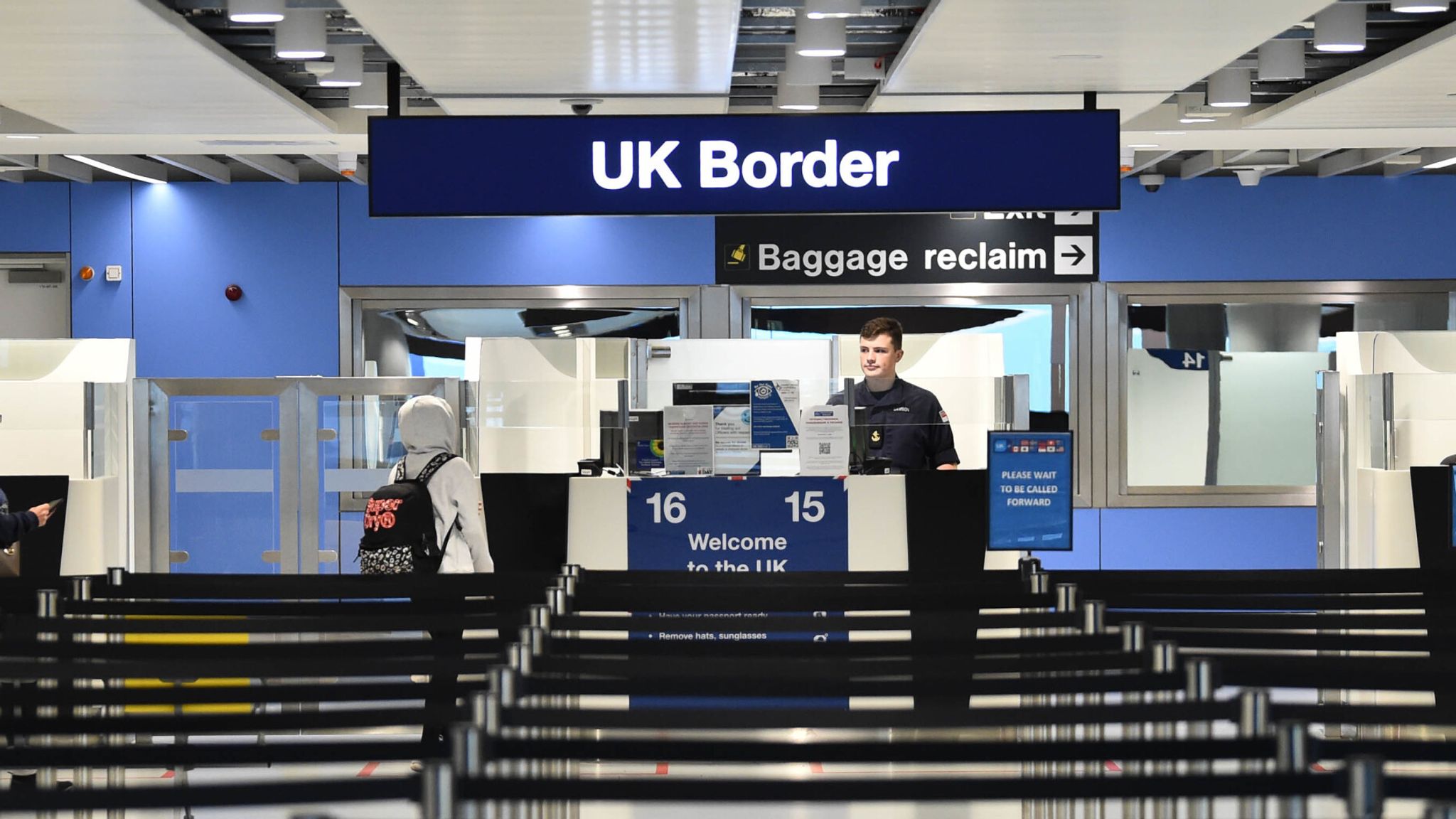Migrants will need A-level standard English to work in UK
Some migrants coming to the UK will soon need to demonstrate English proficiency at an A-level standard, under new government rules set to take effect on 8 January 2026.
The policy will apply to certain graduates and individuals applying for skilled worker or scale-up visas—categories designed for professionals employed by fast-growing UK businesses. These changes form part of broader immigration reforms outlined in the government’s May white paper, aimed at reducing overall migration levels.
Home Secretary Shabana Mahmood emphasized the importance of integration, saying:
“If you come to this country, you must learn our language and play your part. The UK has always welcomed those who contribute, but it’s unacceptable for migrants to arrive unable to participate in our national life.”
Under the new rules, applicants will be tested in person on speaking, listening, reading, and writing at Home Office-approved centres. Their results will then be verified during the visa process.
Those applying for skilled worker, scale-up, or high potential individual (HPI) visas must now reach B2 level—a step above the current B1 standard (equivalent to GCSE level). The B2 benchmark, according to the British Council, indicates that a learner can understand complex texts, communicate fluently, and express ideas clearly on a range of topics.
To qualify for a skilled worker visa, migrants must work for a government-approved employer and earn at least £41,700 per year or the “going rate” for their occupation, whichever is higher. The scale-up visa targets employees joining fast-growing companies, while the HPI visa is available to graduates from top global universities within the past five years.
Further English language requirements for other visa categories and dependants are expected to follow, Home Office Minister Mike Tapp told Parliament.
Prime Minister Keir Starmer said the reforms would ensure the UK’s immigration system remains “controlled, selective, and fair.” The Home Office estimates the measures could reduce annual arrivals by up to 100,000. Net migration dropped to 431,000 in 2024, nearly half of the 2023 record high of 906,000.
Experts have raised concerns about the policy’s impact. Dr. Madeleine Sumption, director of the Migration Observatory at the University of Oxford, said the government faces a “trade-off” between promoting English fluency and allowing employers to fill essential roles. The policy, she noted, will particularly affect middle-skilled jobs where high-level English is not usually required.
Immigration lawyer Afsana Akhtar criticised the move as “unfair,” arguing that even many UK-born citizens might struggle to pass an English A-level.
“The GCSE standard is enough. Once migrants live and work here, their English naturally improves,” she said.
Other measures in the white paper include:
- Shortening the post-study work period for international graduates from two years to 18 months, effective January 2027.
- Increasing financial requirements for students to £1,171 per month outside London (up from £1,136).
- Raising the immigration skills charge for employers to £480 per worker for small businesses/charities and £1,320 for larger firms (previously £364 and £1,000).
- Expanding the Global Talent visa to include winners of more prestigious awards.
- Doubling the HPI visa intake from 2,000 to 4,000 migrants, with an annual cap of 8,000 applications.
The government says these steps are designed to attract highly skilled individuals while maintaining tighter control over overall migration levels.




